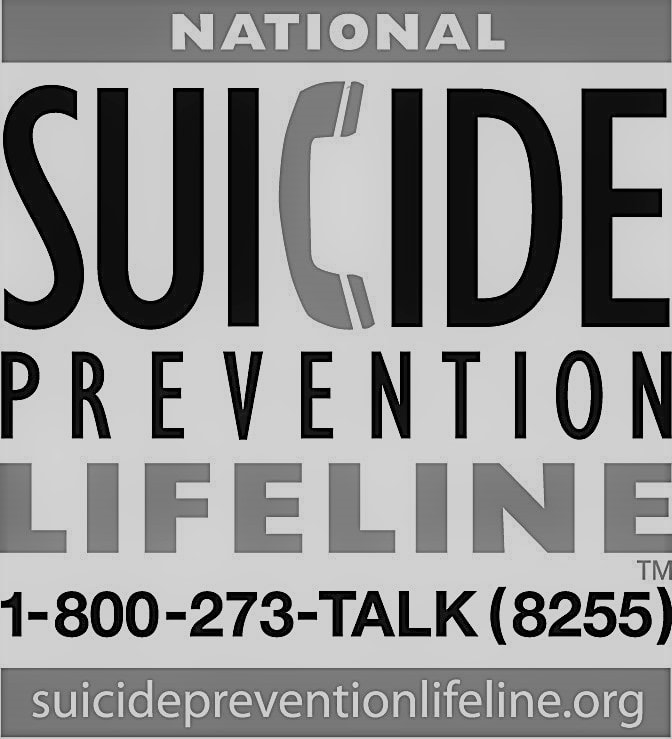“Depression is a common mental health disorder that can rob people of hope, motivation, and focus. Worldwide, more than 264 million people of all ages suffer from depression. Depression is the most common mental health disorder in the United States. Depression has no boundaries. It affects children, teens, adults and the elderly, and can have a serious impact on the lives of those who are afflicted. Anyone can feel sad, frustrated or irritable from time to time, but if these symptoms last for weeks or months you may have depression. It is treatable but first we need to recognize the symptoms and contact a professional for help. Here are some links to signs and symptoms of depression. If you think you or a loved one is depressed: CALL one of your MAP Counselors or Beacon.
Depression Overview "Depression (major depressive disorder or clinical depression) is a common but serious mood disorder. It causes severe symptoms that affect how you feel, think, and handle daily activities, such as sleeping, eating, or working. To be diagnosed with depression, the symptoms must be present for at least two weeks." Learn More at NIH.gov Seasonal Affective Disorder (SAD) "Seasonal affective disorder (SAD) is a type of depression that's related to changes in seasons — SAD begins and ends at about the same times every year. If you're like most people with SAD, your symptoms start in the fall and continue into the winter months, sapping your energy and making you feel moody. Less often, SAD causes depression in the spring or early summer. Don't brush off that yearly feeling as simply a case of the "winter blues" or a seasonal funk that you have to tough out on your own. Take steps to keep your mood and motivation steady throughout the year." Learn More at MayoClinic.org Anxiety and Depression in Children "Occasionally being sad or feeling hopeless is a part of every child’s life. However, some children feel sad or uninterested in things that they used to enjoy, or feel helpless or hopeless in situations they are able to change. When children feel persistent sadness and hopelessness, they may be diagnosed with depression." Learn More at CDC.gov Teen Depression "Being a teenager can be tough, but it shouldn’t feel hopeless. If you have been feeling sad most of the time for a few weeks or longer and you’re not able to concentrate or do the things you used to enjoy, talk to a trusted adult about depression." Learn More at NIH.gov "Teen depression signs and symptoms include a change from the teenager's previous attitude and behavior that can cause significant distress and problems at school or home, in social activities, or in other areas of life.." Learn More at MayoClinic.org Recognizing Depression in Older Adults "Some of us are genetically predisposed to developing depression. (If you have depression, your first-degree relatives — parents, full siblings, offspring — have a two-to-three times greater chance of having it as well.) But long-term stressful life situations and the challenges of aging — such as chronic illness or increasing disability, isolation, the death of a spouse or struggling to adapt to retirement — can also increase someone's risk of developing depression." Learn More at AARP.org "Have you lost interest in the activities you used to enjoy? Do you struggle with feelings of helplessness and hopelessness? Are you finding it harder and harder to get through the day? If so, you’re not alone. Depression can happen to any of us as we age, regardless of our background or achievements. And the symptoms of elderly depression can affect every aspect of your life, impacting your energy, appetite, sleep, and interest in work, hobbies, and relationships." Learn More at HelpGuide.org Perinatal Mood and Anxiety Disorders "Having a baby can be one of the biggest and happiest events in a person's life. Life with a new baby can be exciting and rewarding, but it can also be stressful at times. Many physical and emotional changes can happen during pregnancy and after having a baby. These changes can make pregnant people and new parents sad, anxious, overwhelmed, or confused. These feelings are very common. For many parents, they quickly go away. You may need help from a provider if these feelings last for several weeks, or if they get worse. The time period while you're pregnant and after your baby is born is called "perinatal." Perinatal Mood and Anxiety Disorders (PMAD) can happen while you are pregnant – during the prenatal period. They can also happen after you give birth – during the postpartum period. With treatment, Perinatal Mood and Anxiety Disorder scan be temporary." Learn More at Health.NY.gov More Articles & Resources
|
Please always keep in mind that Local 28 MAP’s Counselors and Peers, as well as Beacon MAP, are always available to talk (Contact Info available on the MAP Homepage or by clicking HERE).
|


